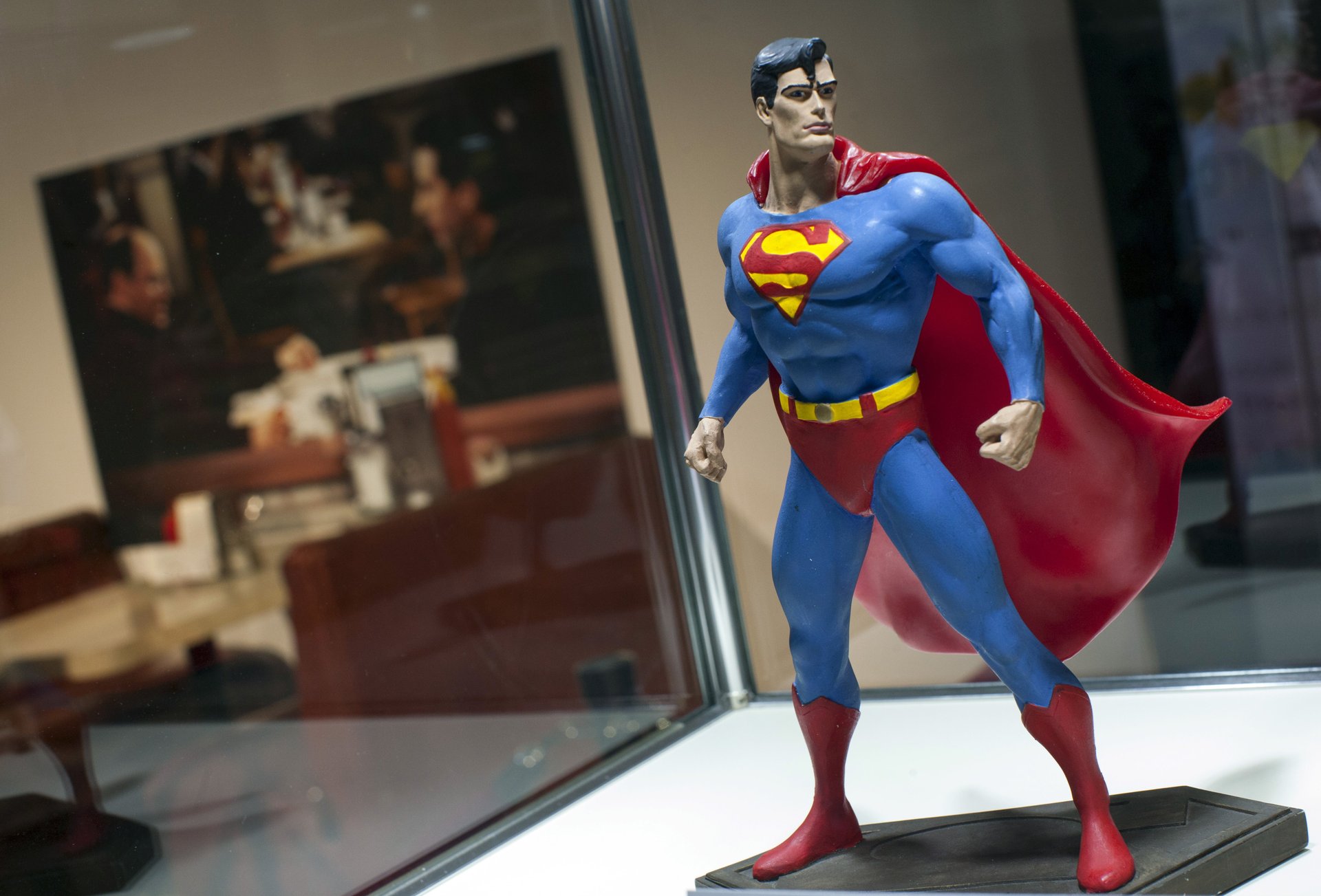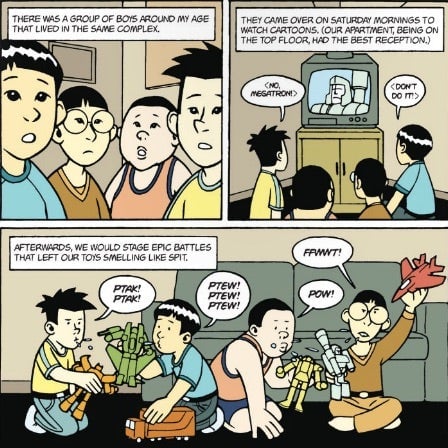DC Comics’ new Superman is a Chinese teen with a Japanese name
DC Comics recently announced a new Superman comic book series with a twist—the titular hero hails from China. Instead of mild-mannered journalist Clark Kent, the upcoming Superman will be a 17-year-old teenager who lives in Shanghai.


DC Comics recently announced a new Superman comic book series with a twist—the titular hero hails from China. Instead of mild-mannered journalist Clark Kent, the upcoming Superman will be a 17-year-old teenager who lives in Shanghai.

New Superman will be penned by Gene Luen Yang, an Asian-American cartoonist whose previous work centers around ethnic identity in the US. His comic book American Born Chinese merges the traditional Chinese tale of The Monkey King with the story of an Chinese boy growing up in the United States.
“Everybody in the world recognizes Superman,” Yang told NBC News. “The reason he transcends cultures is that he embodies these ideals that are international, that are cross-cultural. We wanted to tell a story that was about the Superman ideal but tell it in a different culture. Regardless of where you grow up, you know what he stands for.”
As well-intentioned as the revamp may be, DC has already set itself up for ridicule. The Chinese Superman is named Kenji Kong—a name that sounds unmistakably Japanese, not Chinese. Yang said that Kong’s creators settled on the name because native English-speaking readers wouldn’t struggle with it.
“I wanted to find a name that works in Chinese and is immediately pronounceable to an American reader. With Kenji Kong, we stuck with the hard-K sound like Clark Kent,” Yang told NBC.
But the internet’s multi-cultural watchdogs can be very unforgiving and DC’s announcement of the character was met with some scrutiny on Twitter and Chinese social media.
“Does he understand China? He’s not afraid of criticism?” one commenter wrote (link in Chinese) on Sina Weibo, referring to Yang.
The new Chinese Superman is part of an ongoing trend in the comic book industry to make superheros more multi-cultural. A new version of the Incredible Hulk, for example, features a Korean-American as the titular hero.
It’s not clear if DC’s Chinese Superman is intended to appeal to actual people in China. Most comic books in China mimic Japanese manga, not the US’s cape wearing muscle men, but the genre is a smash at the Chinese box office. Seven of the top twenty highest-grossing foreign films in China have featured superheroes (link in Chinese).
These films illustrate how difficult it can be to create entertainment that appeals to two audiences with different languages and cultures can be difficult. Awkward segments tailor-made for Chinese audiences often fall flat. The version of Iron Man 3 distributed in China, for example, includes scenes where Tony Stark drinks a Chinese milk drink, and goes to China for surgery. The alterations were widely ridiculed in China.